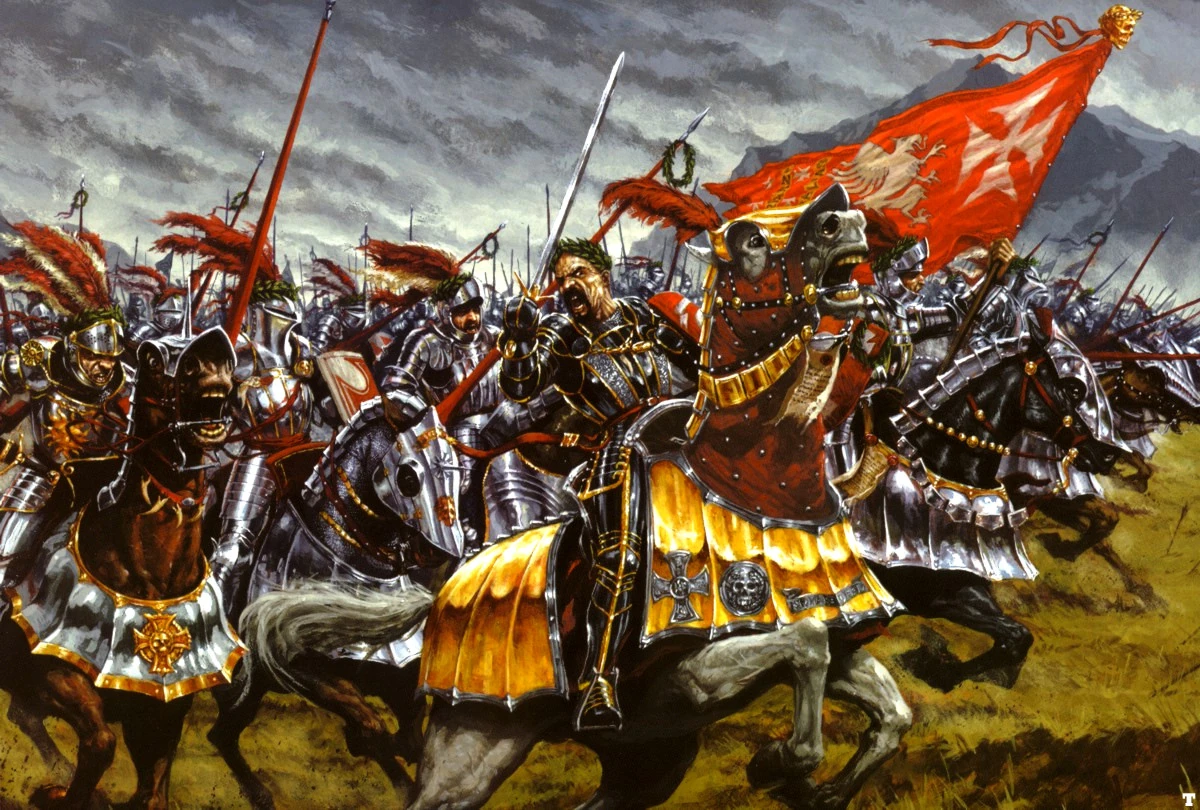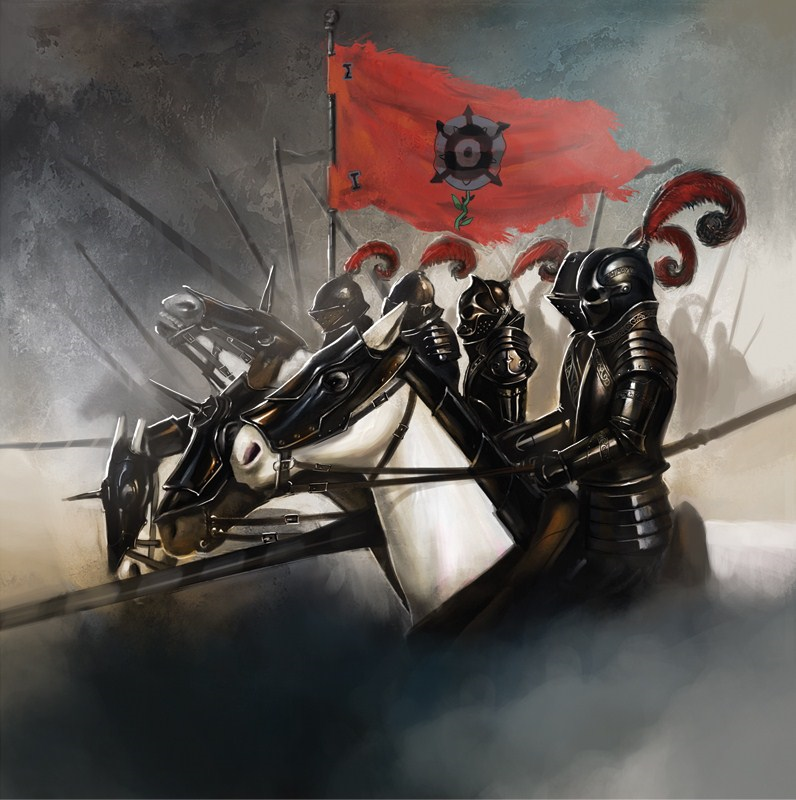The tale of how the Proudshapers came to live in Altdorf is a tragic one, and not one their especially keen on sharing. A sordid tale with Grudges centuries long, family, fighting, and the bloody end of a rivalry that felt like it has been with the Dawi for as long as they drew breath.
It is told that the final, bloody end to the Proudshaper-Grimbrewer rivalry, which existed in the first place due to an argument long ago about which clan made the better beer, it was when the two found the other, much to their mutual shock, anger, and disgust, trying to resettle the same minor abandoned hold.
This lead to a months long standoff, where old Grudges were brought to bear, and new ones written down. Insults were traded and many times it seemed as if Dawi would strike Dawi, but tensions never reached that point. That was until Atragg Proudshaper had enough, and while his father and the other elders debated what to do he rallied a portion of the clan, those young and with something to prove, and set out towards the Grimbrewers camp.
What happened next still shames the Proudshapers to this day.
Slaughter is all Gromgrund and the rest of the clan could call it, for Atragg and his band had killed almost every living soul in the Grimbrewers camp, ending the centuries long rivalry in a bloody and horror inducing display. Atrgg himself was proud of his actions, for had he not done what any good any proud Dawi would have done? Had he not struck hundreds of Grudges from the book?
Atraggs father disagreed, he had struck Grudges from the book yes, but the way he had done it was dishonorable, for with all the enemies arrayed against them Dawi should not kill Dawi. The argument lasted months and for the second time in as many months it seemed as if Dawi would kill Dawi, and father and son would take up arms against another. Such was the vitriol of their arguments, and the stubborn nature of Gromgrund and hotheadedness of Atragg.
But Gromgrunds other children, Utrek and Sebri, managed to bring the argument to an end, and bringing the question as to what to do now, for Gromgrund would not allow the Proudshapers to settle into a hold that they had sullied with the blood of other Dawi. As they deliberated one of the Proudbringers long estranged kin, one Albert Proudshaper, had contacted them through his Correspondence with Utrek. He invited the clan to come live with them in Altdorf, to find penance for their actions in helping the manlings of Sigmars Empire. The idea was preposterous to many, especially Atragg, who felt if they truly had done any wrong(as he still didn't believe he did wrong) then why would though go help manlings instead of other Dawi?
But for Gromgrund, who increasingly felt that if the Proudshapers could kill fellow Dawi, then they did not deserve to live among them, and seeking some way to alleviate the shame and guilt, found promise in the idea. He decided that the Proudshapers would head to Altdorf, to seek penance by helping manlings. Atragg protested, and split off from the clan of those who felt the same. Heading forth to seek a new home in another Karak.
Those that remained, those whom either had a peculiar liking to the manlings that was always present in most Proudshapers, or those who were oathbound to follow Gromgrund no matter where he lead them. Left for Altdorf and with land Albert bought and permission from its rulers and oaths of loyalty sworn to them, settled inside the city, claiming a piece of it for their own.
That was a 100 years ago.
Today Unrek rules over the Proudshapers, whom are known as excellent craftsmen, and it is said that if it exist the Proudshapers have likely made a better version, or invented it all together. Unrek himself is old, his father having passed in battle against Manfred and his brother refusing to 'live in that filthy manling city' inheriting the position of clan head, or as it is coming to be known in the manling term, Lord. Unrek has always had a liking to manlings since his youth, and is seen often dressed in a curious mix of manling and dawi attire. And is the one dawi of the merchants and nobles of Altdorf, or indeed Reikland, have interacted with most. Finding Unrek to be a jolly fellow for a dwarf, and actually somewhat agreeable. He himself is interested in the politics of Reikland, seeing it as his duty to pay attention to going ons of various lords in order to fulfill his oath of loyalty to the Grand Prince, and so that the Proudshapers have a way to shape Reikland more to their liking.
The Proudshapers today are a curious lot, as with more children are born surrounded by manling influence and the Proudshapers natural liking to manlings have evolved the clan into a state like that of any human noble family, though with a Dawi twist. They are a strange mix of manling and Dawi, acting often like humans to a degree that some people start to think them taller and more polite halflings, that is, until someone manages to upset them. Then the usual scrambling to make sure the dwarves don't write it down in their book of grudges happens. Thought that does not happen often, and it seems to be happening less. As more dawi are born in Altdorf, and more 'imperial dwarves' of Altdorf flock to the Proudshapers. Finding a comfortable safety net among the large clan. Alongside the influence of manlings are changing the way the Proudshapers do things.
The Proudshapers get their money through their superior crafting ability. Selling trinkets and the like to the commoners, while assisting various noblemen-for a fee, of course- in things like sculptors, furniture, buildings, weapons, armor, ect.
Though with the declaration of war between Reikland and Middenland, their services might be focused on the Grand Princes war effort. And depending on how they are asked to serve, tools might be put down and set aside, and the Proudshapers might march as a Throng to battle for the second time in a century.







